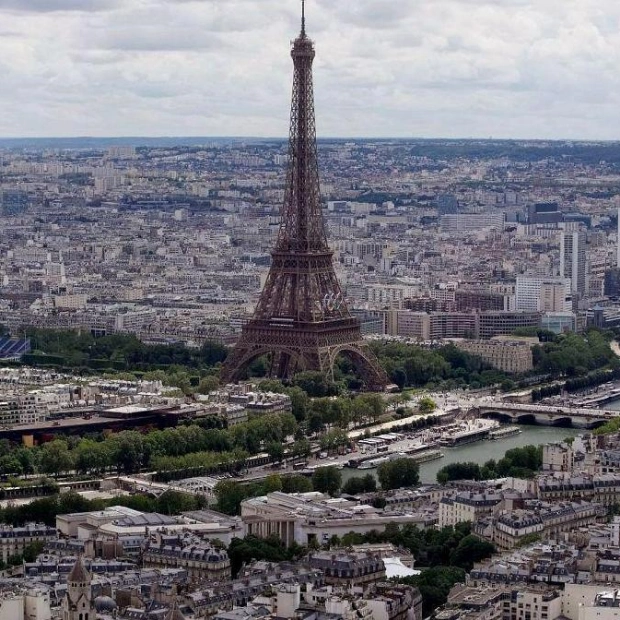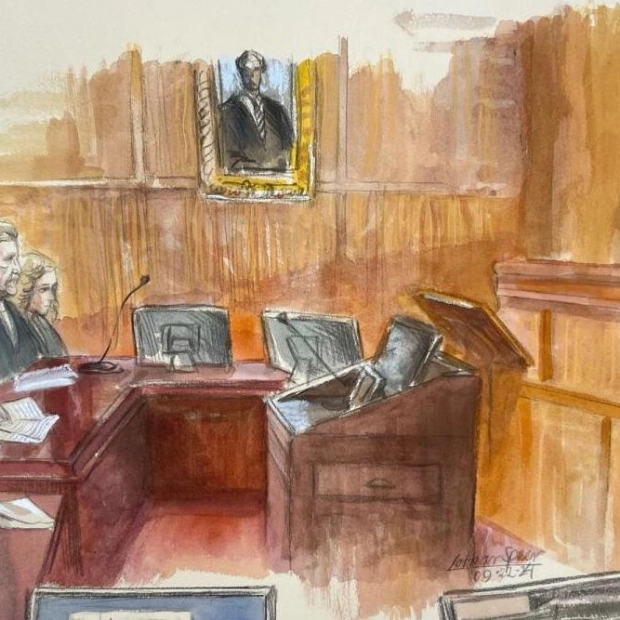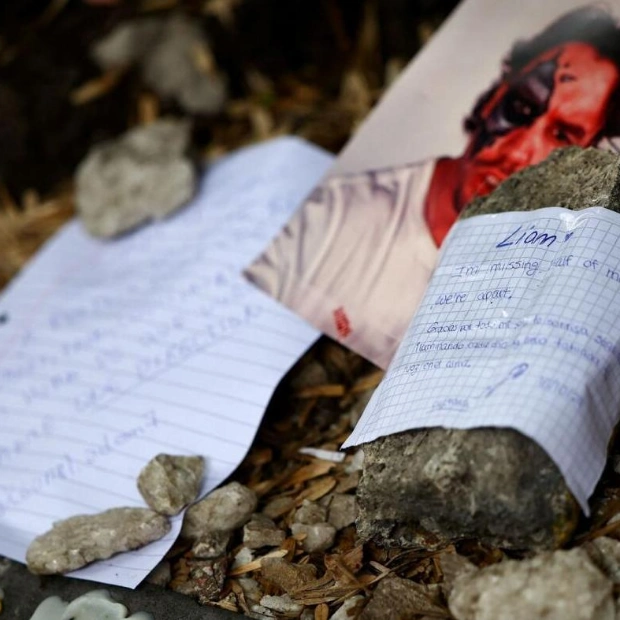A little perspective can be quite helpful in situations like this. How many people truly anticipated England defeating the world champions, South Africa, on Saturday? A strong team winning an engaging rugby match doesn't necessarily imply that the valiant losers are entirely without hope. England's autumn has been filled with drama, but is it truly a full-blown crisis?
In sporting terms, a 'crisis' refers to the undeniable point where a team performs so far below expectations that there is no visible hope. Yes, a fifth consecutive defeat is uncomfortable for a top-tier nation. Yes, they continue to falter in the final stages of too many significant games. A weak finish is increasingly what comes to mind when analysts reflect on England.
History, at this point, is also worth considering. England has statistically endured worse autumns; in 2008, the last time they lost at home to the southern hemisphere's big three on consecutive weekends, the aggregate losing margin was a dismal -76. Compare that to this month's equivalent figure of -16 and three thrilling contests which, even with today's inflated ticket prices, provided spectators with full value.
So, let's take a step back and consider the broader picture. Has anyone watched Marcus Smith and concluded that England's future is devoid of potential? Do they look at Sam Underhill and Freddie Steward and think England seriously lacks in squad depth? Do they assume that Alex Mitchell, Ollie Chessum, Manny Feyi-Waboso, and Tom Curry won't make England more competitive in next year's Six Nations?
They also don't have to face teams as strong as South Africa every week. The Springboks were unable to deploy their full 'Bomb Squad' due to Ox Nché's knee injury in the first half, but the reason they are the world's top-ranked team is their mental and physical resilience in the latter stages of big games. Ignoring the brilliant footwork of Cheslin Kolbe would also be unjust. Likewise, the pace and spatial awareness of Grant Williams, whose opening try was a gem even the great Antoine Dupont would have admired.
Viewed in isolation, England has had worse days. The issue is the cumulative effect of seven defeats in 11 games this year, with four wins against Italy, Wales, Ireland (by a point at home), and Japan. Even if they finally overcome 'the curse of Allianz Stadium' and defeat the Brave Blossoms again this Sunday, their 2024 stats will look quite unflattering.
Perhaps more significant is England's record against the top four teams over the past 20 years, as highlighted by the astute rugby statistician Russ Petty. Since being crowned world champions in 2003, they have played 84 Tests against top-four ranked sides and won 23, with two draws. Between late 2006 and mid-2010, when their post-2003 slump was at its steepest, they lost 14 in a row. Interestingly, Andy Robinson and Eddie Jones also lost their jobs as England head coaches after home defeats—by 11 and 14 points respectively—by the Springboks. There were mitigating circumstances in both cases, but the figure against the world's top four under Steve Borthwick's watch is P10 L9, with Ireland away and France at home kicking off their 2025 Six Nations campaign.
Add it all together, and the 2025 Six Nations potentially looms as a make-or-break moment for Borthwick's England project. Lose to Ireland and France (victorious over New Zealand on Saturday night) within eight days, then stumble against Scotland or Italy at home or a struggling Wales away, and the political sands beneath his feet will definitely start to shift.
Because, for all Smith's abundant promise, one player cannot transform the landscape. On Saturday, they had five lineouts in the Springbok 22 in the final quarter and came away with nil points. Kolbe's elusiveness was indeed mesmerizing, but some sluggish defending also played a part. Most glaring was the missed midfield tackle on Damian de Allende, which allowed the crucial line break. Twelve opposition tries and an average of almost 32 points conceded in three games is not good enough.
It further reinforces the sense that the abrupt summer resignations of Felix Jones and Aled Walters from England's coaching staff were as disruptive as they felt at the time. Borthwick keeps talking about consistency and continuity while, behind him, the faces and roles keep changing. Whoever is selected against Japan—and this is surely a perfect opportunity to give some fringe squad members a run—it will not alter the fact that the core of England's side needs strengthening. Borthwick is not certain of his best options at 15, 12, or 9, could use a more powerful ball-carrying No 8, and has a 34-year-old hooker who may not make the next World Cup.
It is similarly valid to wonder whether the game plan is fully utilizing the available talent and whether Borthwick's bench, as ever, needs more dynamism. A frustrated England is not yet in crisis, but if they remain unable to break their losing habit, they soon will be.
Source link: https://www.theguardian.com






